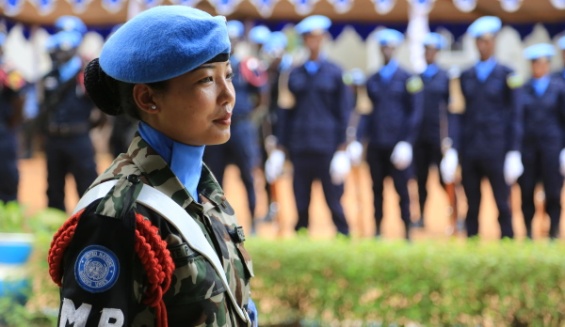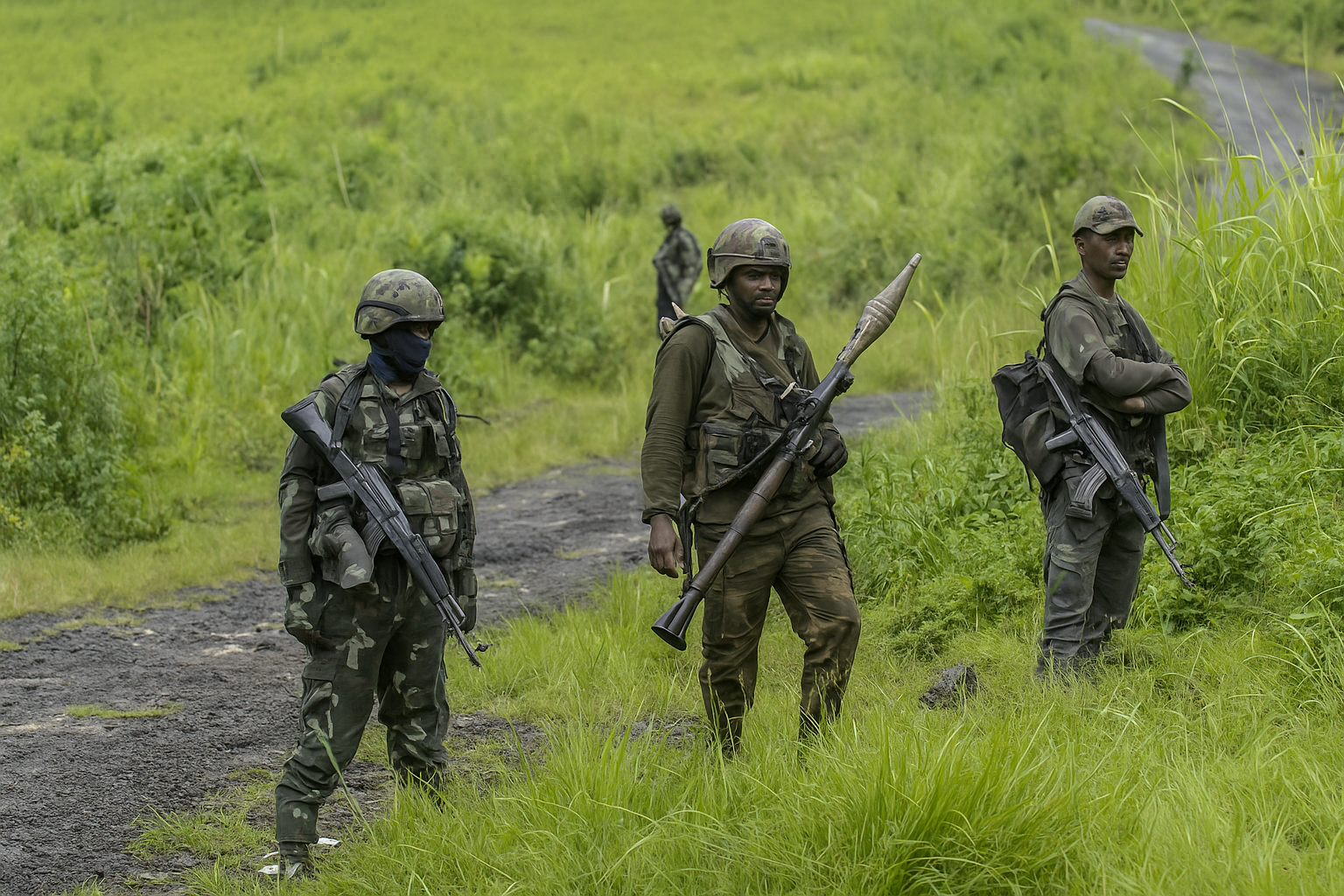Description

Copyright infringement is not intended
Context: The Indian Women soldiers are getting trained to be a part of a United Nations Peacekeeping mission.
- United Nations has called for more participation from women in conflict prevention, post-conflict peace-building and peacekeeping.
- The United Nations has asserted that with more women being a part of peacekeeping missions, the operations have become more effective.
- In some cultures where the female victims are not allowed to speak to men. In that particular scenario, women peacekeepers, makes it easier for the authorities to communicate with them.
- Women are good communicators and can establish a good communication channel with victims of conflict, building trust and confidence.
- Women peacekeepers can strengthen societies and promote lasting peace around the world.
India and UN peacekeepers:
- For the first time in the history of UN peacekeeping, India sent an all-female Formed Police Unit (FPU) to be deployed in Liberia in 2007 after a civil war ravaged the African nation.
- According to the UN, of around 95,000 peacekeepers in 2020, women comprised 4.8% of military contingents and around 34% of personnel in peacekeeping missions were women.
- India is the third highest contributor of personnel to UN peacekeeping, with 5,481 troops serving in 12 UN missions across the world.
United Nations Peacekeeping Force
- It helps countries torn by conflict create conditions for lasting peace.
- Peacekeeping has proven to be one of the most effective tools available to the UN to assist host countries navigate the difficult path from conflict to peace.
- UN peacekeepers provide security and the political and peacebuilding support to help countries make the difficult, early transition from conflict to peace.
- UN peacekeepers (often referred to as Blue Berets or Blue Helmets because of their light blue berets or helmets) can include soldiers, police officers, and civilian personnel.
- UN Peacekeeping is guided by three basic principles:
- Consent of the parties;
- Impartiality;
- Non-use of force except in self-defence and defence of the mandate.






